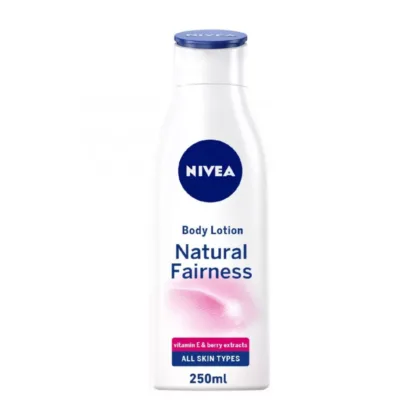Urticaria is an itchy, red rash that can occur anywhere on the body. It is common and affects at least 20% of people. It might be accompanied with angioedema symptoms, which include swelling in the deeper layers of the skin.
Urticaria occurs when our bodies produce high amounts of histamine. This occurs when we have an allergic reaction to a single chemical in the case of acute urticaria, while chronic urticaria can last for more than six weeks and is rarely caused by a specific sensitivity.
Preventing urticaria could be difficult, but knowing and avoiding the triggers that induce the release of high amounts of histamine and cause your rash can help prevent a new attack. Triggers might include the following:
The rash usually clears up within a few days, and you can often treat it with antihistamines, soothing creams, or cooling the skin with a cool bath, but if it doesn’t improve with treatment, you’ll need to see a dermatologist.
You should visit your doctor if











